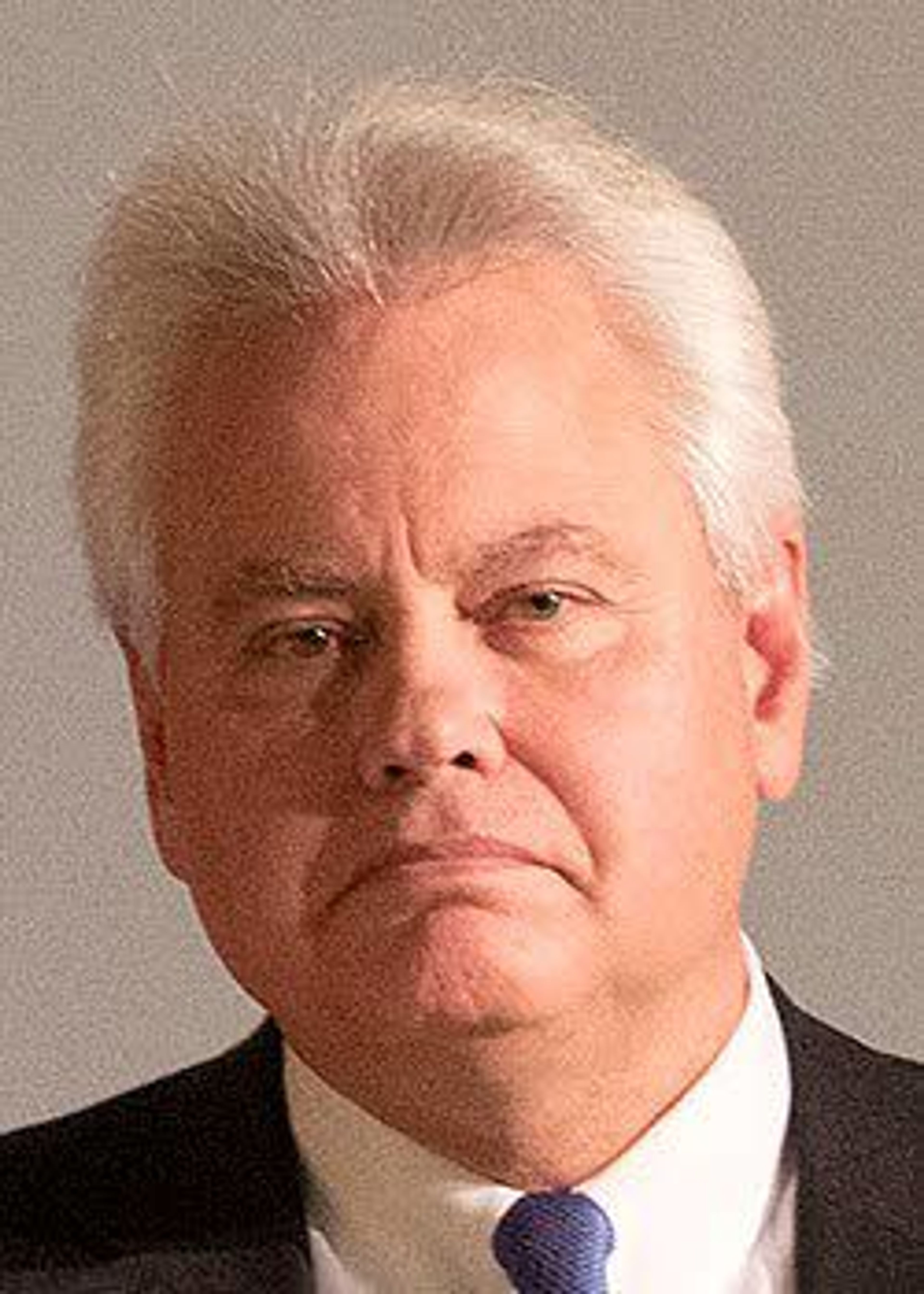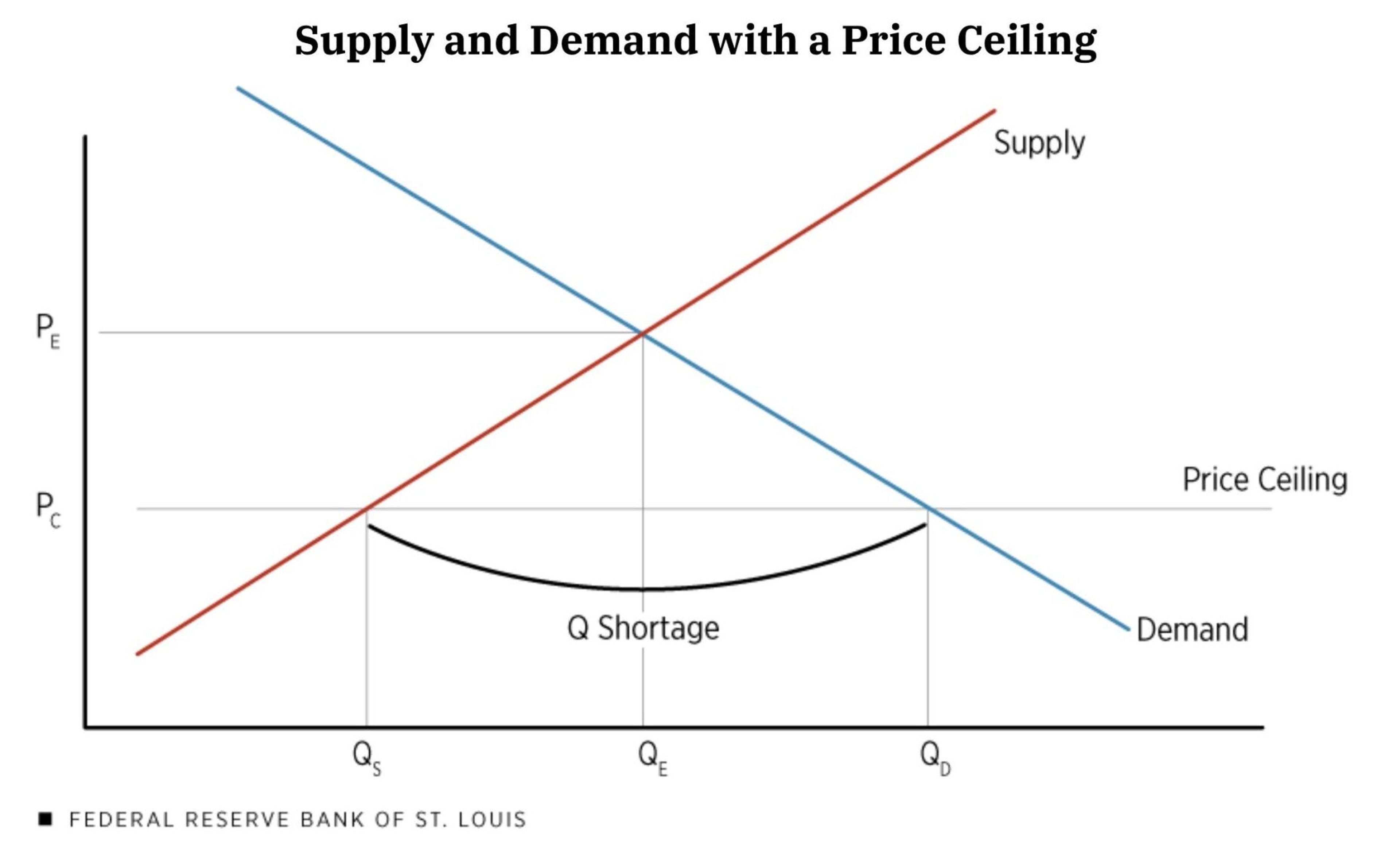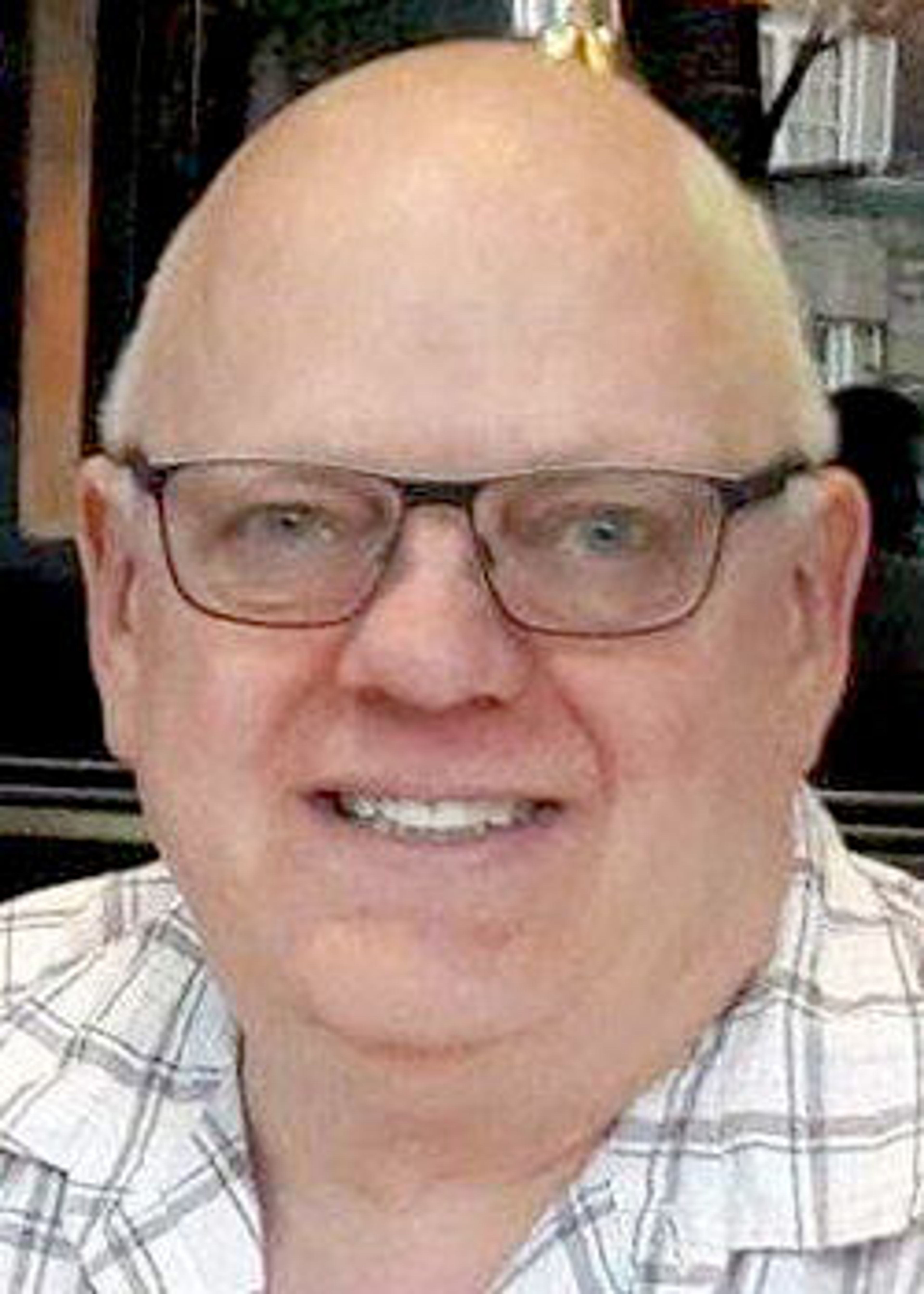UI begins promoting voluntary furloughs
President indicates option will help solve budget woes; suggestion comes on heels of state-mandated budget cuts
The University of Idaho is asking eligible employees to take voluntary furlough to help deal with budget cuts, including the additional $1 million in reductions handed down from Idaho Gov. Brad Little’s office this month.
The governor has asked all state agencies to reduce their budgets for the current fiscal year by 1 percent and to reduce their budgets for the coming fiscal year by another 2 percent.
UI President Scott Green said in a memo that the initial reduction will amount to a roughly $1 million, one-time reduction, on top of the $14 million in cuts announced in October.
When Green hosted a budget forum earlier this month to discuss strategies to sustain these cuts, furloughs — unpaid days off — were among the possible solutions mentioned, as were privatizing certain university assets, outsourcing in-house facility services and discontinuing some academic programs.
According to the memo, the UI is also fleshing out voluntary separation and optional retirement incentive programs to reduce costs in long-term staffing.
Green wrote that he and the rest of the executive leadership at the UI, as well as 95 percent of the cabinet, have pledged to participate in voluntary furloughs.
“You can’t ask your staff and your faculty to do something that you’re not willing to do,” UI Communications Director Jodi Walker said. “The president is right at the forefront and is going to take the full five days.”
Green stressed in the memo that furloughs for employees are voluntary.
“There is no requirement to participate, nor are there repercussions for those who decide not to participate,” the memo stated. “This is a very personal decision, and we respect whatever choice you make.”
Walker said furloughs can range from just one hour to as many as five days, and with the holidays ahead it’s possible many will see that as an opportunity to take an extra day for themselves.
While it remains to be seen just how popular the voluntary time off will be, UI Building Services Manager Tom Fischer said the time off would have to be approved.
“We just can’t have everybody go at once or that type of thing … but if we’re able to do it, we’ll give it to them,” Fischer said. “It sounds like some of my people might be doing it next week because of Thanksgiving and then save their other time for later on. If they can afford it, that’s great — it’s really up to the individual.”
Walker said the $14 million cuts for the current year have been made and now Green’s recently formed Sustainable Financial Model Working Group is investigating ways to augment university finance practices to sustain those cuts while maintaining and growing university business. According to Walker, there are two elements at play — short-term cost cuts to meet current budgetary targets and then identifying a new financial model that fits the university’s needs.
“That’s a long term fix — it’s kind of changing how we do our accounting forever or for the foreseeable future,” Walker said. “It’s everything from ‘how do I do something today that’s going to save me a few dollars’ to ‘how do we change the entire structure of how we deal with our financial model for decades.’”
Scott Jackson can be reached at (208) 883-4636, or by email to sjackson@dnews.com.








